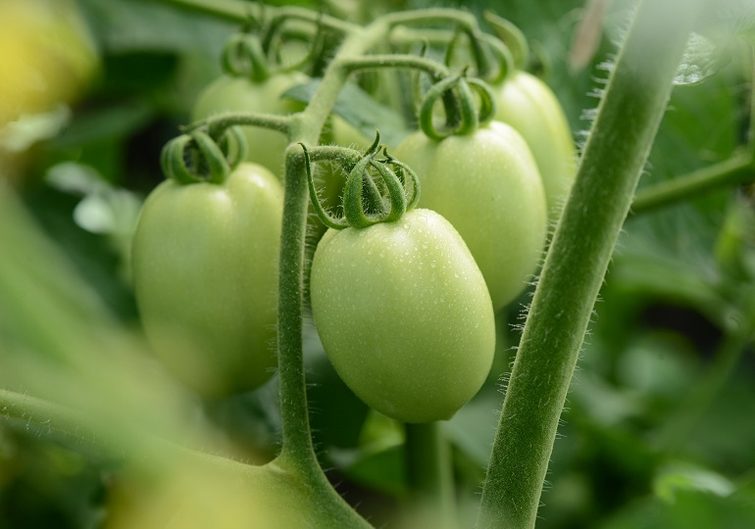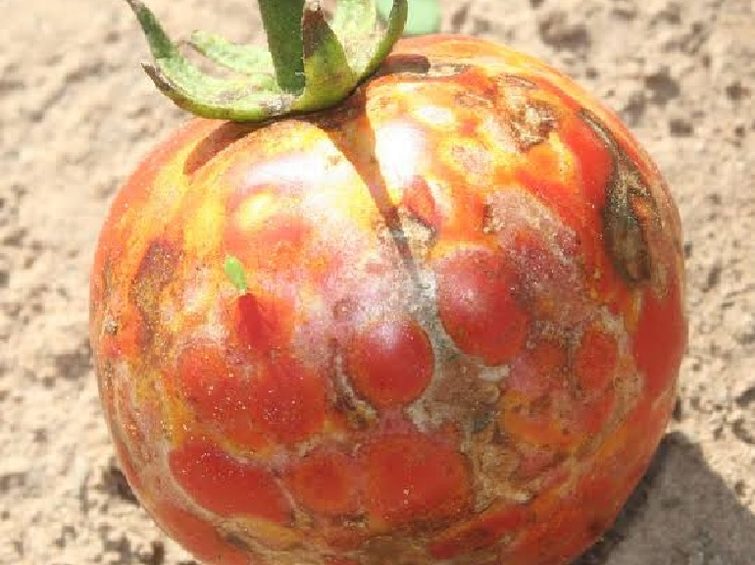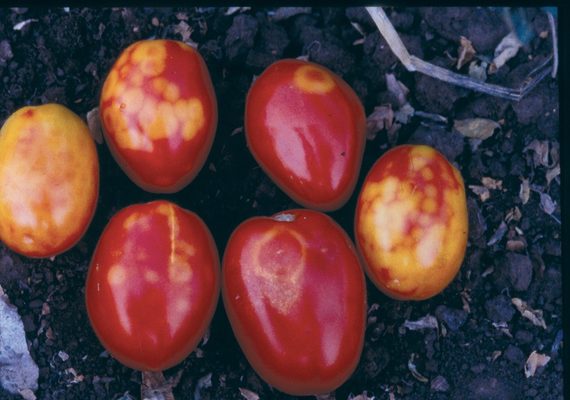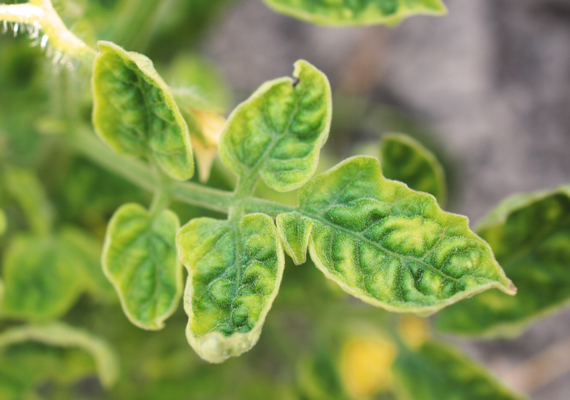


The Importance of Virus Management in Tomato
India is the world’s second largest producer of tomatoes. It accounts for 11% of global production, which makes tomato one of the most important cash crops for the country. With a notable increase in productivity in the last few years, Maharashtra and Karnataka became the second largest area under tomato cultivation, but the country is still way behind in productivity compared to global standards.

Growers spend considerable amounts on growing tomatoes in this part of the country and because of the fluctuating commodity rates, lengthening the harvest period can average out better return on investment. However, higher spending does not guarantee better income and larger number of pickings. It's more about the timely management of insect pests in Tomato crop.

The Most Devastating Types of Tomato Viruses
The major threat to yield potential are different viruses, which can result in significant financial losses if left untreated. The most common vectors of tomato viruses – and the major hurdles to yield potential fulfillment – are whiteflies and thrips tabaci. If not managed on time, these viruses can make up to 95% economic losses, which is why management of insect vectors, from the beginning is critical.

Proper and timely care is crucial for pest and disease control of tomato. It not only prevents the outbreak of the diseases, but also enhances crop growth, and makes plants resilient throughout their lifecycle. That way, crops are much more likely to fulfill their potential, with the yield that is strong, healthy and vibrant.

Here are the key steps you need to take:
• Grow healthy nursery
• Use resistant or tolerant plant varieties
• Protect the nursery from vectors from beginning
• Increase the immunity of the plants via proper nutrition and water management
• Provide your plants with complete nutrient management
• Ensure clean cultivation
• Remove early detected virus infected plants to prevent the spread

